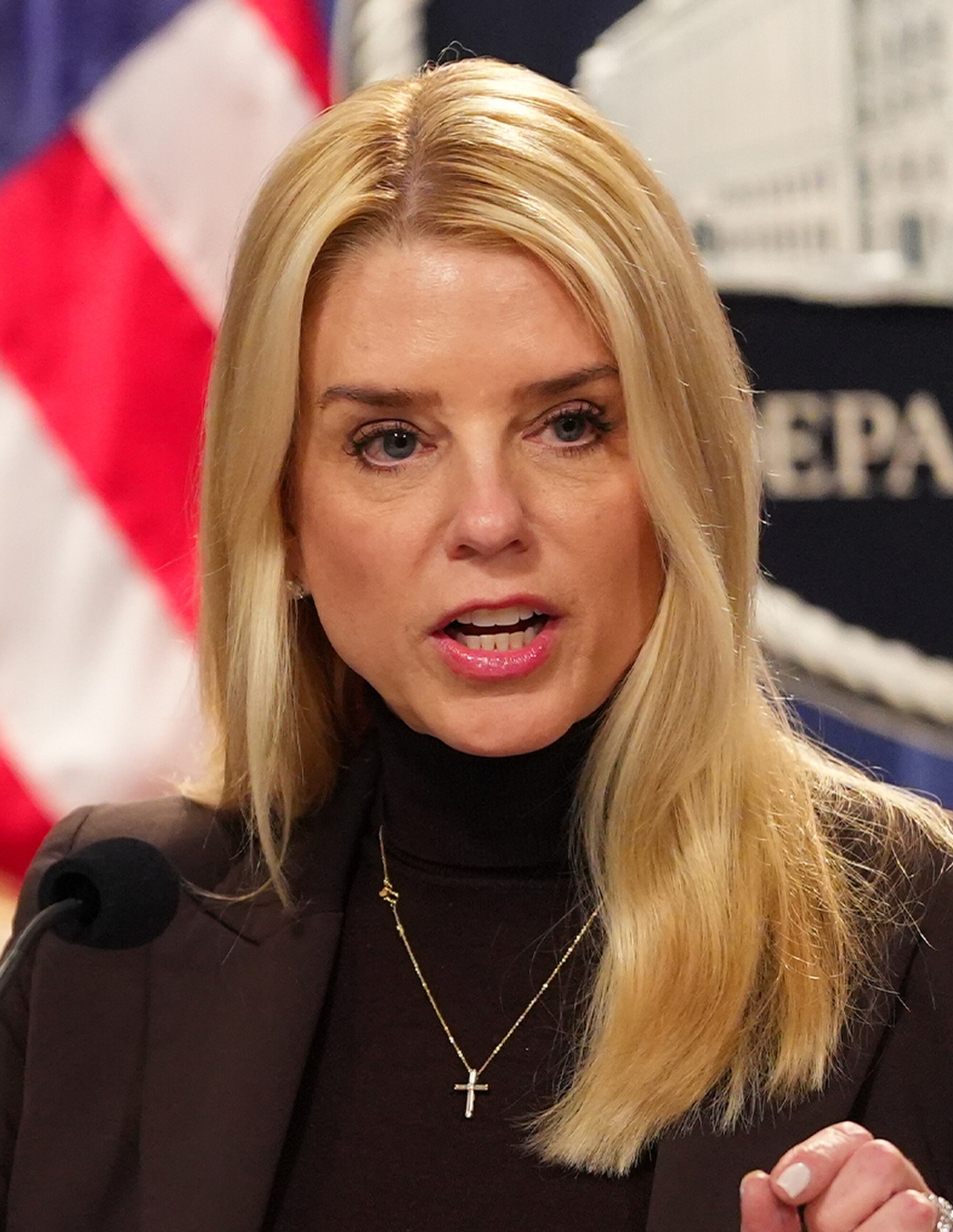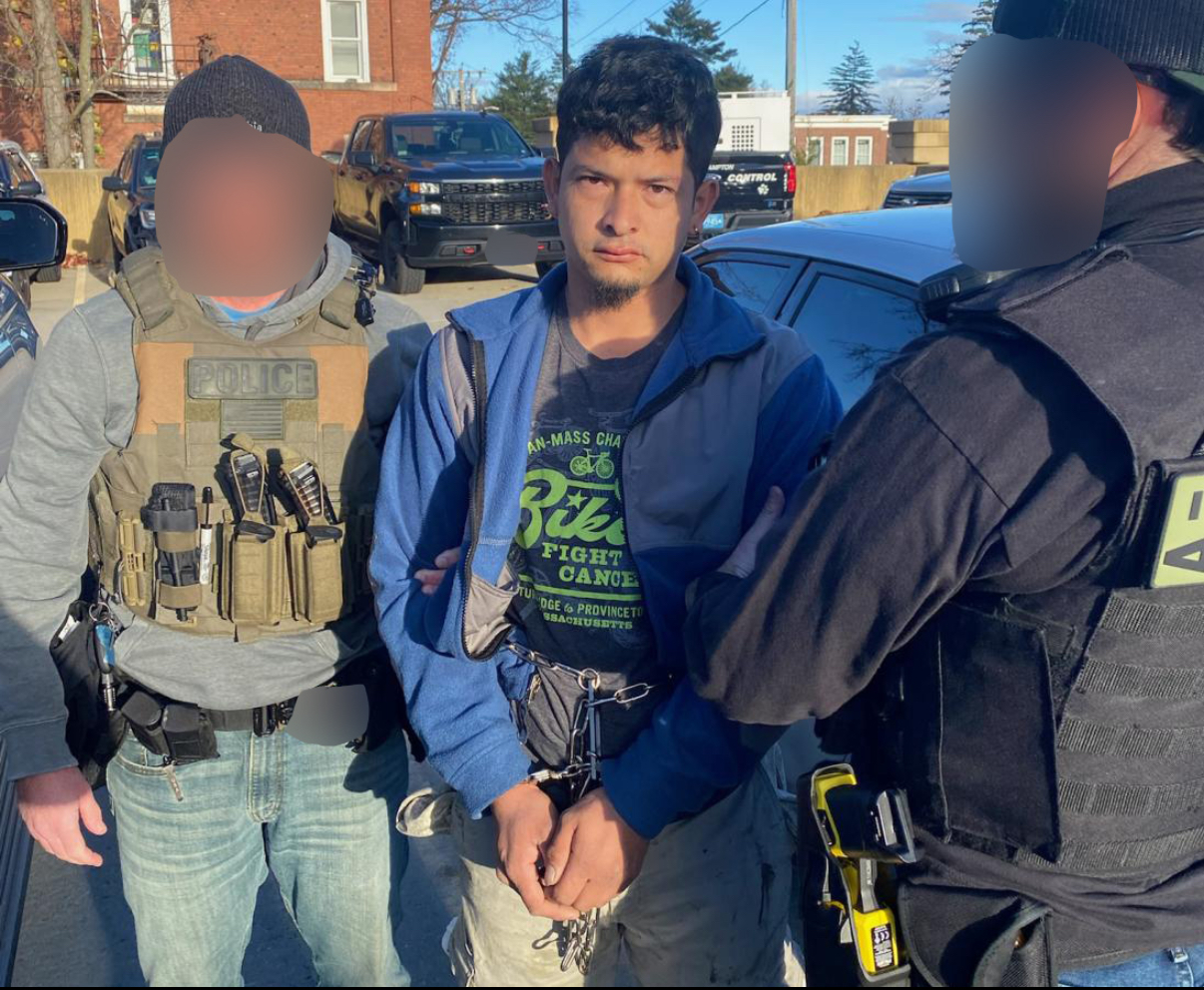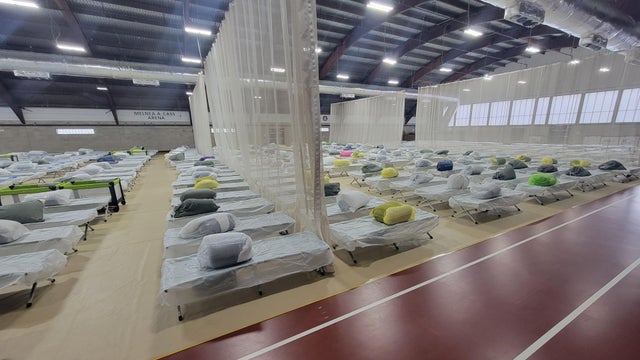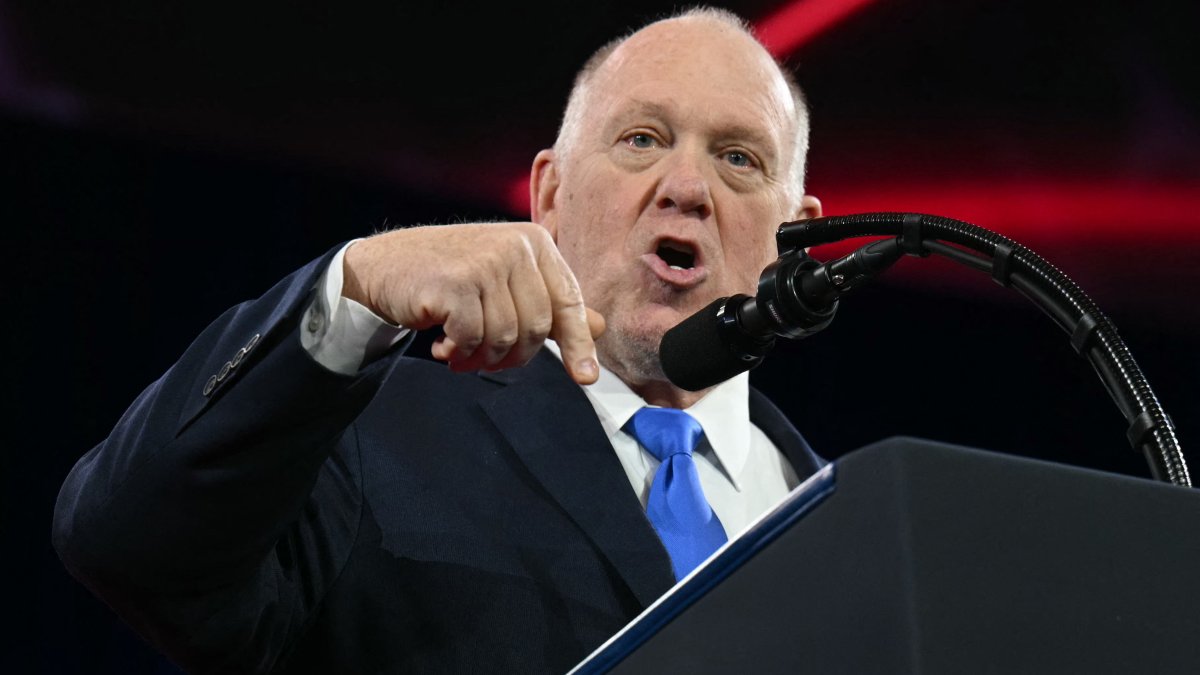BOSTON—Mayor Michelle Wu is doubling down on her favorite hill to die on: protecting illegals. Faced with a federal order to dismantle Boston’s sanctuary protections, Wu says the city has “no intention of complying,” daring Washington to make the next move.
The fight is over Boston’s Trust Act, which blocks local police from cooperating with ICE. When federal agents send detainer requests asking Boston to hold illegals for pickup, the city ignores them—sometimes releasing offenders with serious criminal charges back onto the streets. Wu insists this is what makes Boston “the safest major city in the country.” Critics say it’s reckless politics dressed up as compassion.

Attorney General Pam Bondi isn’t amused. In a blistering letter, she branded Boston’s sanctuary stance a national security threat and gave Wu until Tuesday to start tearing it down. The ultimatum was crystal clear: comply with federal law or face the consequences. Her warning ended with three words: “This ends now.”
Wu’s response has been nothing short of defiance. She’s staging a press conference on City Hall Plaza to declare Boston won’t back down to “bullies,” and has already repeated that she has no plan to comply. To her, it’s a moral stand. To her critics, it’s a political stunt that leaves Boston families paying the price.
Sanctuary failures in Boston

Boston’s refusal to honor ICE detainers has already produced a grim list of cases.
-
Marcelino De Leon Yoc, a Guatemalan, was charged in Roxbury with aggravated child rape and indecent assault. ICE lodged two detainers—one at Suffolk Superior Court, another at Boston’s Nashua Street Jail. Both were ignored, and he was released until ICE later picked him up.
-
John Tobon Vargas, a 22-year-old Colombian, was arrested in Roxbury and charged with kidnapping and aggravated rape of a minor. Boston Municipal Court brushed off an ICE detainer, letting him walk until ICE caught him later.
MASSDAILYNEWS
STAY UPDATED
Get Mass Daily News delivered to your inbox
-
Emilio Jose Pena-Casilla, a Dominican national, faced charges of rape, kidnapping, and tampering with an ICE ankle monitor in Boston. Even with a detainer, he was granted bail and released before ICE finally re-arrested him.
-
Kebler Lasso, an Ecuadorian convicted of soliciting murder in Massachusetts, was released despite an ICE detainer. He wasn’t re-arrested until 2025 in a sweep by ICE’s Boston field office.
-
A Salvadoran national identified as Garcia, accused of rape, was released by Chelsea courts despite a detainer lodged with Nashua Street Jail in Boston. He too only landed back in custody after ICE launched a targeted operation.
These are not technicalities—they are the direct results of a policy that treats ICE detainers as optional paperwork.
Roxbury rec center turned shelter

Boston’s sanctuary politics haven’t just played out in courtrooms. In 2024, the Melnea A. Cass Recreation Center in Roxbury was shut down and converted into a shelter for migrant families. What had been a community hub for basketball games and after-school programs was transformed into a dorm for 400 people. Families who relied on the center were told to go elsewhere. To many residents, it was the clearest sign yet that City Hall prioritizes illegals over locals.
The staggering price tag

The fiscal toll is equally eye-popping. Massachusetts has already poured more than a billion dollars into emergency shelters, with another $1.8 billion projected over the next two years. When asked how much Boston alone spends on illegals, Wu admitted the city doesn’t even track it. Experts estimate the total easily runs into the millions.
Critics argue the lack of transparency is no accident. If Boston acknowledged how much taxpayer money has been diverted into migrant housing, services, and sanctuary policies, the backlash would be swift.
A showdown with Washington
Wu has already drawn national scrutiny. Earlier this year she testified before Congress to defend sanctuary policies—an appearance that ended with her being referred to the Justice Department for possible prosecution. Bondi’s letter raises the stakes further, with Boston now standing as the poster child for sanctuary defiance.
As the deadline arrives, federal retaliation looms: lawsuits, funding cuts, or more aggressive enforcement. Wu appears ready to gamble that defiance will play well politically, even if it costs Boston dearly.
Whether it’s courage or recklessness depends on who you ask. What’s undeniable is that Boston is now the stage for a major showdown: a mayor who refuses to bend, a federal government that says “enough,” and a city left holding the bag.

Loading Comments